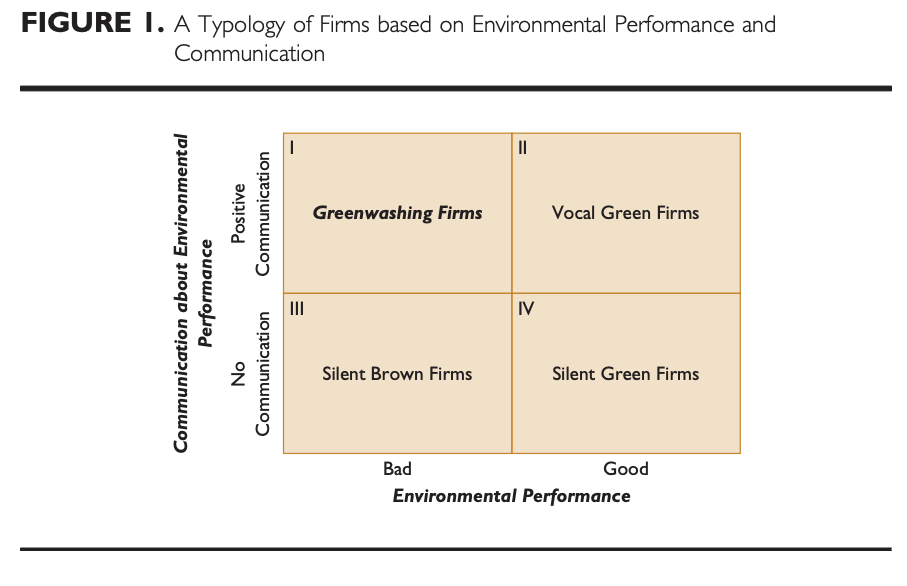The climate emergency, which has been gaining momentum in the last few years, has recently reached its peak with the publication of the IPCC report on August 9th (1), which called “code red” for the earth’s climate. Just a few months later, the UN Human Rights Council established the right to a healthy environment as a human right (2). These facts solidified the need for immediate and impactful environmental action. Consequently, there has been a considerable increase in regulatory, corporate and investment activities in the areas of climate action, Environment, Social and corporate Governance (ESG), and sustainability. With investors looking to maximize their profits, and investing into environmentally impactful ventures, investment funds are flowing into green initiatives, with global ESG assets expected to exceed $53 trillion by 2025 (3).
However, not all products marketed as environmentally friendly or “green” are as environmentally responsible as we are led to believe by dodgy marketing practices. The practice of “greenwashing” has emerged as some companies seek to misrepresent their impact or to rename neutral (or even unsustainable) practices or investments, as “green,” (3) to capitalize on the current trend of buying and investing green. With buzzwords like “bio”, “green” and “care” across their plastic packaging, companies largely benefit from uninformed buyers. A recent EU study illustrates this trend of misrepresentation of environmental impacts. In the survey, 42% of websites selling consumer products were found to be making misleading or even completely false claims about the environmental friendliness of the products they offer. (3)

As the public grows more aware of the urgency of positive climate action and of the greenwashing growing rampant, they turn to legislators, hoping for a legal framework preventing false green marketing. With 86% of the European public agreeing that companies should be legally obliged not to contribute to environmental harm and that offenders should be legally liable (4), the European Commission and national governments are held to high expectations.
In June 2021, the European Parliament adopted a list of criteria for determining what sustainable investments are, enabling investor money to flow into genuinely “green” enterprises and away from those committing greenwashing (5). To regulate corporate reporting on social and environmental impacts, the European Commission has been expected to announce a draft law on ‘Sustainable Corporate Governance’ in the final quarter of 2021, yet as of December 2021, the initiative still awaits commission adoption (6). The initiative aims to “enable companies to focus on long-term sustainable value creation rather than short-term benefits” (7). This regulation would directly impact ESG expenditures in Europe and combat greenwashing in investments. Along with the “Corporate Sustainability Reporting Directive” introduced in April 2021 (7), making investments in environmentally responsible companies will be significantly easier, as there will be stronger guidelines in regard to corporate reporting and interest alignment between stakeholders and society.





Laisser un commentaire
Vous devez vous connecter pour publier un commentaire.